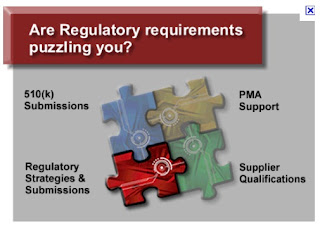Stock markets and government regulators usually require foreign listed companies to furnish almost exactly the same financial and nonfinancial information because that required of household companies. Foreign listed companies generally have some flexibility regarding the accounting principles they will use and the extent of disclosure. In lots of countries, foreign listed companies must file with the stock exchang any information made public, distributed to shareholders, or submitted with regulators in the household market. However, many nations do not monitor or impose this “cross-jurisdictional conformity of disclosure” necessity. Shareholder protection varies considerably among countries. Anglo-American countries such as Canada, the United Kingdom, and the United States provide extensive and strictly enforced investor protection. In contrast, shareholder protection gets less emphasis in other areas of the world. For example, while China prohibits insider trading, it's weak judiciary makes enforcement nearly nonexistent. Shareholder protection codes within the Czech Republic, Mexico, and many other emerging-market nations also are rudimentary. Even in numerous developed countries, the concept of investor safety is of recent source, and many commentators argue that situation inadequate. For example, insider buying and selling was not a criminal offense in Germany until the enactment of theSecurities Trading Act 1994.
Frost and Lang discuss the twin objectives of investor-oriented markets: investor protection and market quality.
- Investor Protection. Investors are provided with material information and are protected by monitoring and enforcing market rules. Fraud is inhibited in the public offering, trading, voting, and tendering of securities. Comparable financial and nonfinancial information is sought so that investors may compare companies across industries and countries.
- Market Quality. Markets are fair, orderly, efficient, and free from abuse and misconduct. Market fairness is promoted through equitable access to information and trading opportunities. Market efficiency is sophisticated by enhancing liquidity as well as reducing transactions costs. High quality markets are marked by buyer confidence and they facilitate funds formation.
Prices reflect investors’ ideas of value without being haphazard or capricious.Frost and Lang also outline four principles under which investor-oriented markets should operate:
- Cost effectiveness. The cost of market regulation should be proportionate to the benefits it secures.
- Market freedom and flexibility. Regulation should not impede competition and market evolution.
- Transparent financial reporting and full and complete disclosure.
- Equal treatment of foreign and domestic firms.
As Frost and Lang be aware, investor protection requires that traders receive timely material info and are protected through efficient monitoring and enforcement. Disclosure ought to be sufficient to allow investors to check companies across industries as well as countries. Furthermore, full as well as credible disclosure will enhance buyer confidence, which will increase assets, reduce transactions costs, as well as improve overall market high quality.















